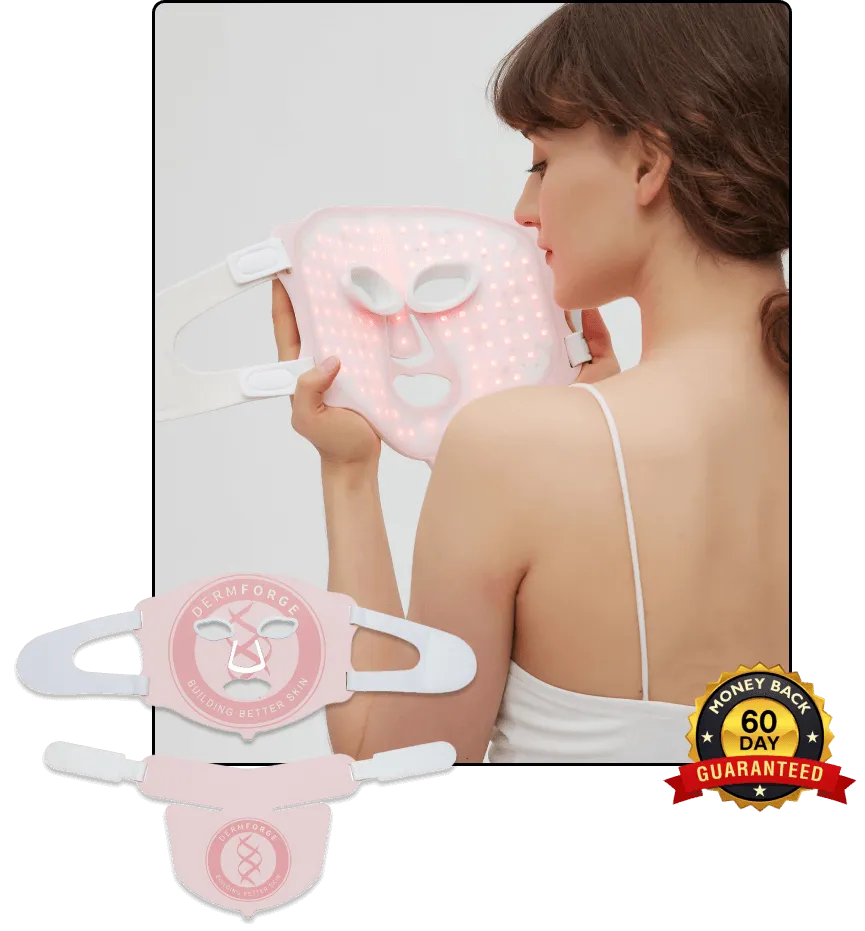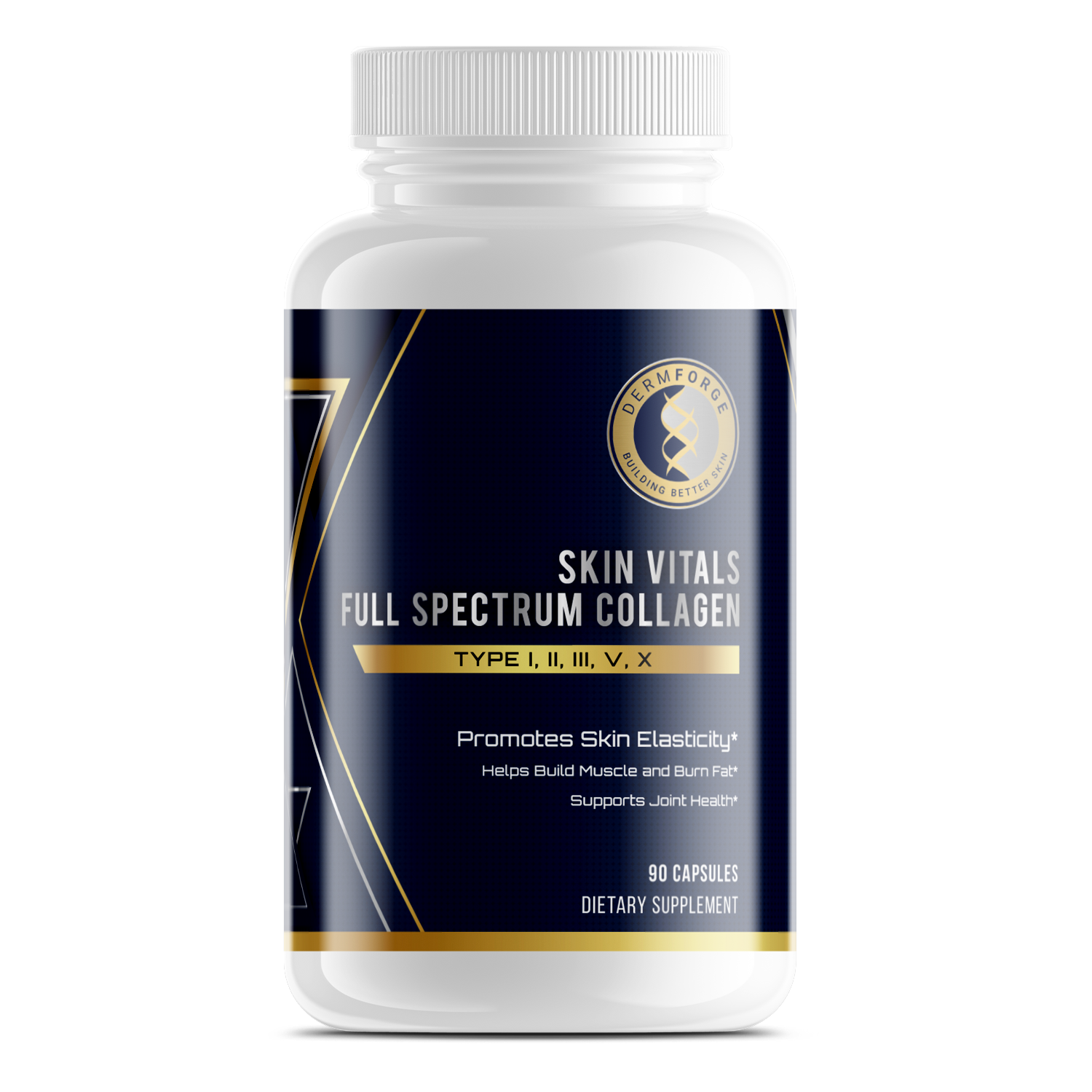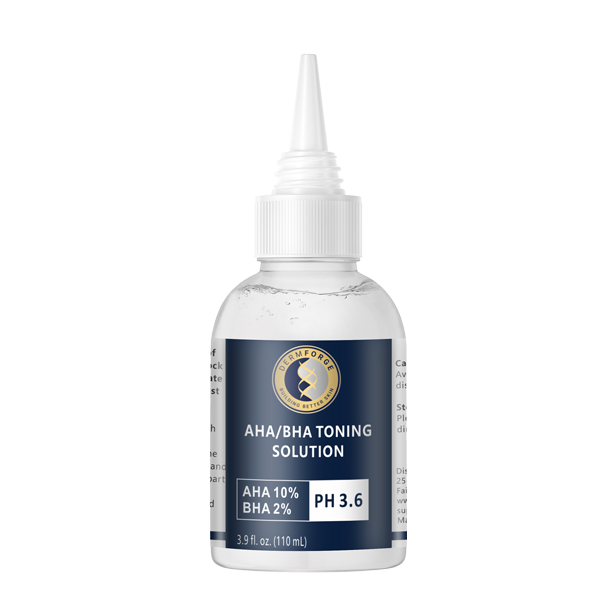Skincare myths can make it challenging to create an effective routine. Misleading information often causes confusion about what your skin truly needs. From believing sunscreen is only for sunny days to thinking expensive products guarantee results, these myths can lead to poor choices. Clearing up these misconceptions helps you focus on practices that genuinely benefit your skin.
Your skin is unique, and understanding its needs is key to achieving healthy, glowing results. Avoiding common myths allows you to make informed decisions and avoid unnecessary steps or ineffective products. Dispelling these myths also ensures your efforts are more efficient and tailored to your specific goals.
By exploring the truth behind common skincare myths, you can build a routine based on science and effectiveness. Empowering yourself with accurate information ensures your skin gets the care it deserves. This thoughtful approach promotes long-term improvements and confidence in your skincare journey.
Myth vs. Fact: Does Drinking Water Alone Cure Dry Skin?
One of the common skincare myths is that drinking water alone cures dry skin. While staying hydrated is essential for overall health, it isn’t enough to address dryness on its own. Water helps maintain your body’s hydration levels, but your skin relies on its outer layers to retain moisture. Without additional support, drinking water alone won’t effectively resolve dry skin.
Your skin’s barrier plays a key role in locking in hydration and preventing dryness. When this barrier is compromised, topical products become necessary to restore moisture and repair the skin. Moisturizers, for example, contain emollients and humectants that attract water and seal it into your skin. These ingredients work directly where they’re needed, providing targeted relief that drinking water cannot achieve alone.
Using a combination of internal hydration and topical care gives the best results for healthy, hydrated skin. Consistent use of products like moisturizers and hydrating serums strengthens your skin’s ability to retain moisture. By understanding this balance, you can avoid falling for skincare myths and make choices that truly benefit your skin.
Are Natural Ingredients Always Better for Your Skin?
A common belief in skincare myths is that natural ingredients are always better for your skin. While natural products can offer benefits, they are not universally superior. Ingredients like aloe vera and chamomile provide soothing properties, but their effectiveness depends on the formulation. Not all natural ingredients work well for every skin type or concern.
Synthetic ingredients also play a valuable role in skincare. Many lab-created ingredients, like hyaluronic acid and peptides, are designed for safety and effectiveness. They often undergo rigorous testing to ensure stability and consistency. Unlike some natural ingredients, synthetics can be customized to target specific concerns more precisely.
The choice between natural and synthetic products should depend on your skin’s needs, not on assumptions. Some natural products may trigger allergies, while synthetic ones can address issues like acne or wrinkles effectively. By understanding both options, you can make informed decisions and avoid falling for skincare myths. A balanced approach that prioritizes efficacy and compatibility will benefit your skin the most.
Is SPF Only Necessary on Sunny Days?
One of the most persistent skincare myths is that SPF is only necessary on sunny days. In reality, sunscreen is essential year-round, even when you’re indoors. UV rays, specifically UVA rays, can penetrate windows and cause skin damage over time. These rays contribute to premature aging, including wrinkles and dark spots, regardless of the weather.
Daily sunscreen use protects your skin from UV exposure and reduces the risk of long-term damage. Overcast days may seem safe, but up to 80% of UV rays can pass through clouds. Indoors, artificial light from screens and bulbs can also affect your skin, although to a lesser extent. Applying sunscreen every morning builds a consistent layer of protection.
Choosing a broad-spectrum sunscreen with at least SPF 30 ensures you’re covered against both UVA and UVB rays. Reapplying every few hours, especially if you step outside, keeps your skin shielded. Incorporating sunscreen into your daily routine prevents cumulative damage and supports healthier skin. By dispelling this myth, you can make sunscreen a reliable part of your skincare habits.
Do You Really Need a Toner in Your Routine?
Toners often fall into the category of skincare myths, leaving many people wondering if they’re truly necessary. The answer depends on your skin’s needs and the type of toner you choose. Toners are designed to balance your skin’s pH, remove residual impurities, and prepare your skin for the next steps in your routine.
For those with oily or acne-prone skin, toners with ingredients like salicylic acid can help control excess oil and reduce breakouts. Hydrating toners containing glycerin or hyaluronic acid are beneficial for dry or dehydrated skin. In these cases, a toner can enhance your routine and improve your skin’s texture and hydration.
However, not everyone requires a toner. Modern cleansers are often formulated to leave skin balanced, reducing the need for this extra step. If your skin feels healthy and your routine works, skipping toner won’t cause harm. Knowing when a toner adds value helps you make informed decisions and avoid unnecessary steps in your routine. By dispelling skincare myths, you can tailor your approach to meet your skin’s unique needs.
Will Expensive Products Guarantee Better Results?
One of the common skincare myths is that expensive products always guarantee better results. While price can reflect quality, it doesn’t always indicate effectiveness. Many high-end products include luxury packaging and marketing costs, which can drive up the price without significantly improving performance. The key is understanding ingredients and formulations.
The effectiveness of a product depends more on the active ingredients and how well they address your specific skin concerns. Affordable brands often use the same proven ingredients, such as hyaluronic acid or niacinamide, found in pricier alternatives. Reading labels and researching the science behind products is often more useful than relying on price alone.
Expensive products can sometimes offer advanced formulations or a more enjoyable experience, but this isn’t always necessary for great results. Your skin’s needs should guide your choices, not the product’s cost. By focusing on quality ingredients and suitability, you can avoid falling for skincare myths and build a routine that works for you. Making informed decisions ensures you get the best value and results from your skincare investments.
Does Oily Skin Mean You Should Skip Moisturizer?
One of the most common skincare myths is that oily skin doesn’t need moisturizer. Skipping moisturizer can actually worsen oiliness by triggering your skin to produce more sebum to compensate for the lack of hydration. All skin types, including oily skin, require proper hydration to maintain balance and a healthy barrier.
The key is choosing the right moisturizer for oily skin. Lightweight, non-comedogenic products are ideal as they provide hydration without clogging pores. Gel-based moisturizers or those containing hyaluronic acid are excellent options because they deliver moisture without a greasy feel. These formulations help your skin stay hydrated and reduce excess oil production.
Using a moisturizer regularly helps support your skin’s natural barrier, protecting it from environmental damage and irritation. Balanced skin is less likely to develop breakouts or uneven texture. By understanding the importance of hydration and selecting suitable products, you can avoid falling for skincare myths and keep your skin healthy and balanced. Consistent moisturizing is an essential step for oily skin care.
Conclusion
Understanding skincare myths helps you make informed decisions about your routine and avoid unnecessary mistakes. Misconceptions like skipping moisturizer for oily skin or assuming expensive products guarantee better results can hinder your progress. By focusing on facts and tailoring your choices to your skin’s needs, you build a more effective regimen.
Consistent use of appropriate products, combined with knowledge of what truly works, supports healthier and more radiant skin. Avoiding common myths about sunscreen, toners, and natural ingredients allows you to prioritize what benefits your skin the most. With the right approach, your skincare routine becomes a reliable way to achieve your goals.
Embracing science-backed practices and personalized solutions ensures better results over time. Dispelling skincare myths gives you the confidence to invest in what truly works for your skin. Taking this thoughtful approach helps you maintain a routine that delivers lasting improvements and promotes overall skin health.






